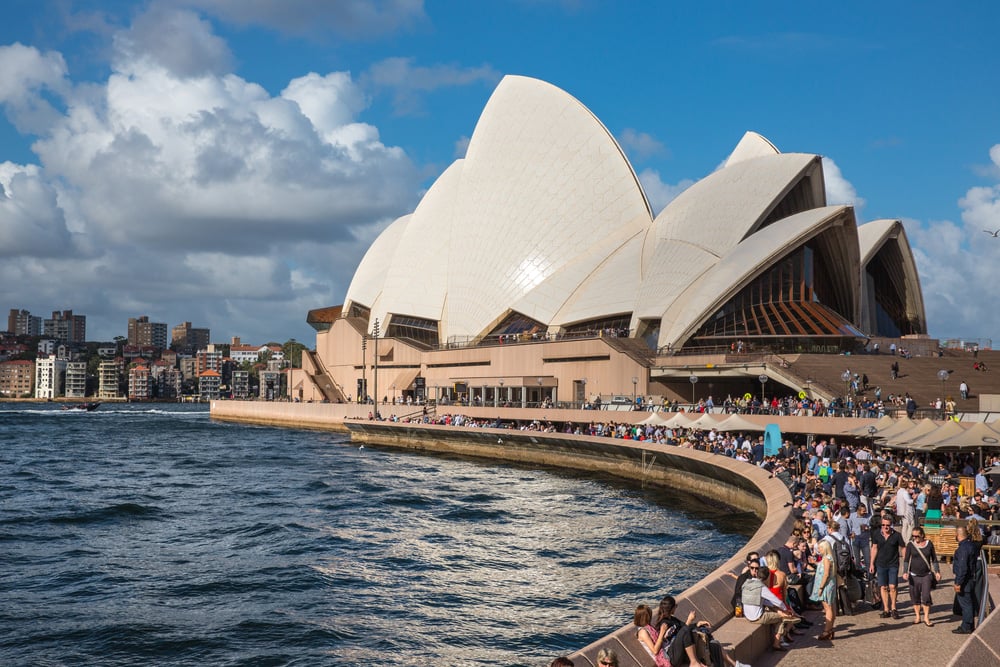Australian Securities and Investment Commission Not Requiring License From Bitcoin Exchanges

The Australian Securities and Investment Commission (ASIC) released a report today outlining action taken when businesses deal with digital currency such as Bitcoin in response to a senate inquiry. In their report, ASIC does not require Bitcoin exchanges to maintain any license because the commission does not believe digital currencies fall under the same definition as national currencies. ASIC stated the following:
“ASIC’s view is that digital currencies do not fit within the legal definitions of ‘financial product’ in the Corporations Act or the ASIC Act. Industry holds the same view. As a result, a person is not providing financial services when they operate a digital currency trading platform, provide advice on digital currencies or arrange for others to buy and sell digital currencies.”
According to the report, there was initial uncertainty about how digital currencies would fit within the existing “financial services regulatory regime.” ASIC divulged that the regime was not designed around digital currencies and that it’s difficult to determine how the existing legal definitions and rulings should apply to digital currency. Under the report, digital currency exchanges, ATMs, and escrow facilities do not need to obtain a license to operate because ASIC does not consider them a financial product.
The ruling and sentiment toward digital currency is one that’s considered favorable to the technology and the bitcoin community. Bitcoin is vastly different than traditional currencies, and it’s incredibly difficult to govern it under the same laws. ASIC is facing a situation that the rest of the world is currently dealing with: New Technology, Old Laws. Remarkably though, the Australian government seems to view digital currencies with something that can only be described as a hesitant, calculated hug. Earlier this year, the Australian Senate launched an investigation into Bitcoin.
Senator Sam Dastyari, the chairman of the Australian Senate’s Economic References Committee, kicked off an investigation by telling the Australian Financial Review that banks cannot act like “a bunch of ostriches.”
“The fact is the banking sector can’t act like a bunch of ostriches and stick their heads in the sand and pretend these digital currencies aren’t a real thing that’s heading their way – it is. Too often you find the banking sector has a tendency to try and pretend that change isn’t coming down the pipeline, in a bid to protect what is their own market position.”
Great News for Australian Bitcoin Exchanges
While Australia began charging a goods and services tax (GST) to bitcoin businesses and exchanges, which was then passed on to their consumers, the bitcoin exchange world has grown to adapt. Independent Reserve is an Australian Bitcoin exchange that launched in October that chose not to charge GST to its customers.
Michael Go, a member of the Independent Reserve Advisory Board, expressed enthusiasm in operating out of Australia, praising the Australian government for their regulations so far.
“The fact that regulators and industry watchdogs are taking Bitcoin seriously is an excellent thing. With increased regulation and vigilance comes improvements in the quality and safety of the industry as a whole, which is something we very much welcome. Bitcoin is an important form of payment for millions of people now, with very significant companies like Dell accepting them as payment, prices shown on Bloomberg terminals and Bitcoin ATMs opening every week. It’s really positive to see the ongoing legitimisation of the Bitcoin environment and its operators.”
The Australian Senate plans to release a full statement in March of 2015 of the findings of these inquiries due to the investigation. As more reports surface, CCN.com will continue to cover how they affect Bitcoin businesses located in Australia.
Image from Independent Reserve, Mykhaylo Palinchak and Shutterstock.